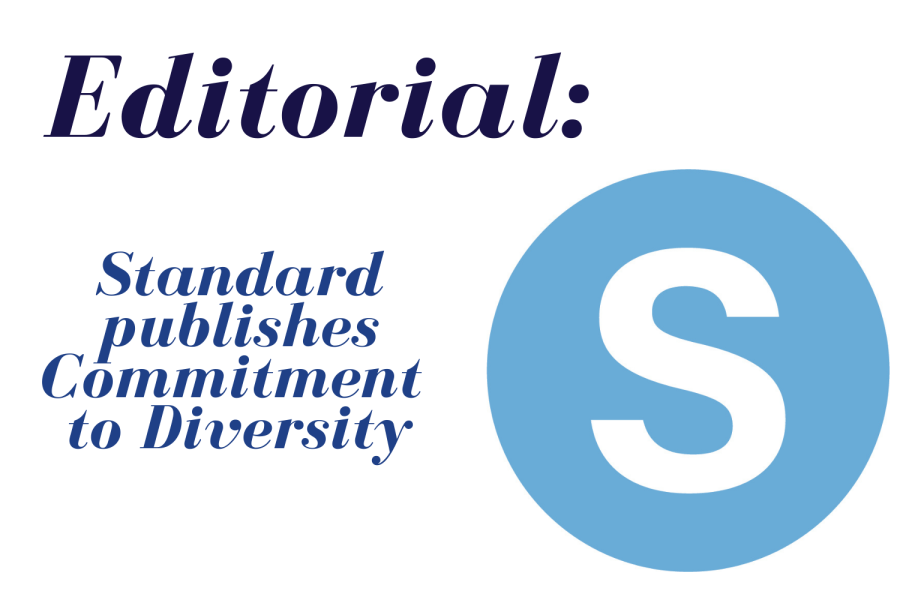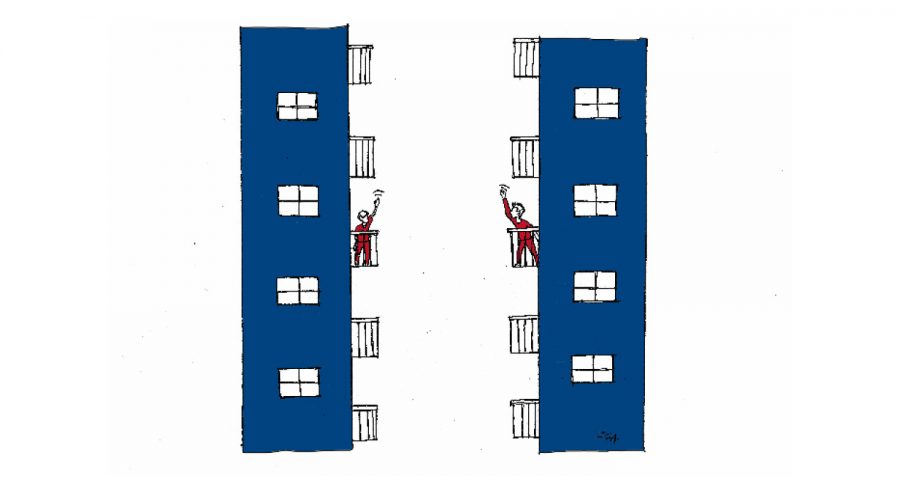There is a ring of injustice in the fact that select classes, taught by select teachers, offer select methods to improve, or to completely change one’s grade. A message previously expounded upon by a previous Standard editorial board: Grade inflation – in whichever form it might come – is a partiality, insofar that it is only bestowed upon a percentage of the high school.
Six months after this problem was made public, there has been little change or recognition from the various departments. We believe it is incumbent upon us to continue to advocate for change, with the hope that there will be action taken by all departments in establishing uniformity in all classes.
In an academic ambit as competitive and arduous as the one we find ourselves in at ASL, it is a fundamental mistake of our departments to overlook, or allow, non-uniform assessment policies, especially when they come to identical classes taught by different teachers. Why should a student in a history class taught by Teacher A receive heavy and unrelenting homework loads, whereas another student in the same history class taught by Teacher B receives barely any, if none at all.
Calling for a systematic approach to every class, in every domain, for every teacher is not only an unfeasible but an inane demand; different teaching styles appeal to different students. At the same time, demanding equal assessing and equal grading is something that, too, is inane: It is a factor so huge in determining the potency and outcome of a class for any student that it should be as heavily monitored as the class’s syllabus.
Students should not find themselves rolling a die – the die which decides which teacher will take them through a course – as to whether inflationist grading policies will be to their benefit or to their detriment.
The issue of non-uniformity is a pressing one: It can often reward similarly-performing students with different grade tiers. However, once recognized, it is an easy issue to fix. A department meeting where teachers discuss the appropriate uses of corrections, curves, or outright redos would solve the majority of the problem. A simple conversation between the two or three teachers that instruct a certain class, say French I or Advanced Placement Chemistry, could have tremendous effect on the grades students receive: Do we curve the test or do we not?
Some teachers often participate in such conversations, such as Social Studies Department Head Michelle Gerken and Social Studies Teacher Becky Mason, who both teach Advanced Placement United States History. Both of these teachers’ classes receive the same homework assignments, take the same quizzes and tests, are assessed with the same rubrics, and have their workload parsed out identically. Students across both teachers’ classes are comforted in the impartiality of the class: They will not be compared to students who possess an unfair advantage that they don’t have. The outcome is beneficial to a holistic education: Every student is assessed as per a uniform policy.
Such a policy should not be distinguished, but universal. All departments should decide upon uniform assessment and course-load policies at meetings that are held regularly enough to not be cumbersome to the teachers but enough to produce fair classes. These meetings should be assisted and attended by members of our Student Council in the objective representation of student interests.
Furthermore, students often have persistently insisted on switching out of a class only to move to another block of that class. The material is not what intimidated them, the timing of the class was not necessarily inconvenient, it was the teacher – and the assessment and course-load that are associated with that specific teacher – that made them scurry away to another teacher, one that assigns less work and grades with a looser rubric.
This process is called “teacher shopping.” By creating an identical course-load and assessment schedule across classes, as modelled by the AP U.S. History class, “teacher shopping” would be virtually removed. Students would have the liberty to experience different teaching styles, to enjoy the same course-load as peers in identical classes, and to be assessed on the content of their skills, not the preferences of their teachers. Students, in short, would be picking their courses, not their teachers.
The High School atmosphere is ripe with stress and competition, whether subtle or overt, but this facet of our education should not be compounded by non-universal grading policies. Students who output identical performances in identical classes with different teachers should receive identical grades.
the_standard@asl.org














